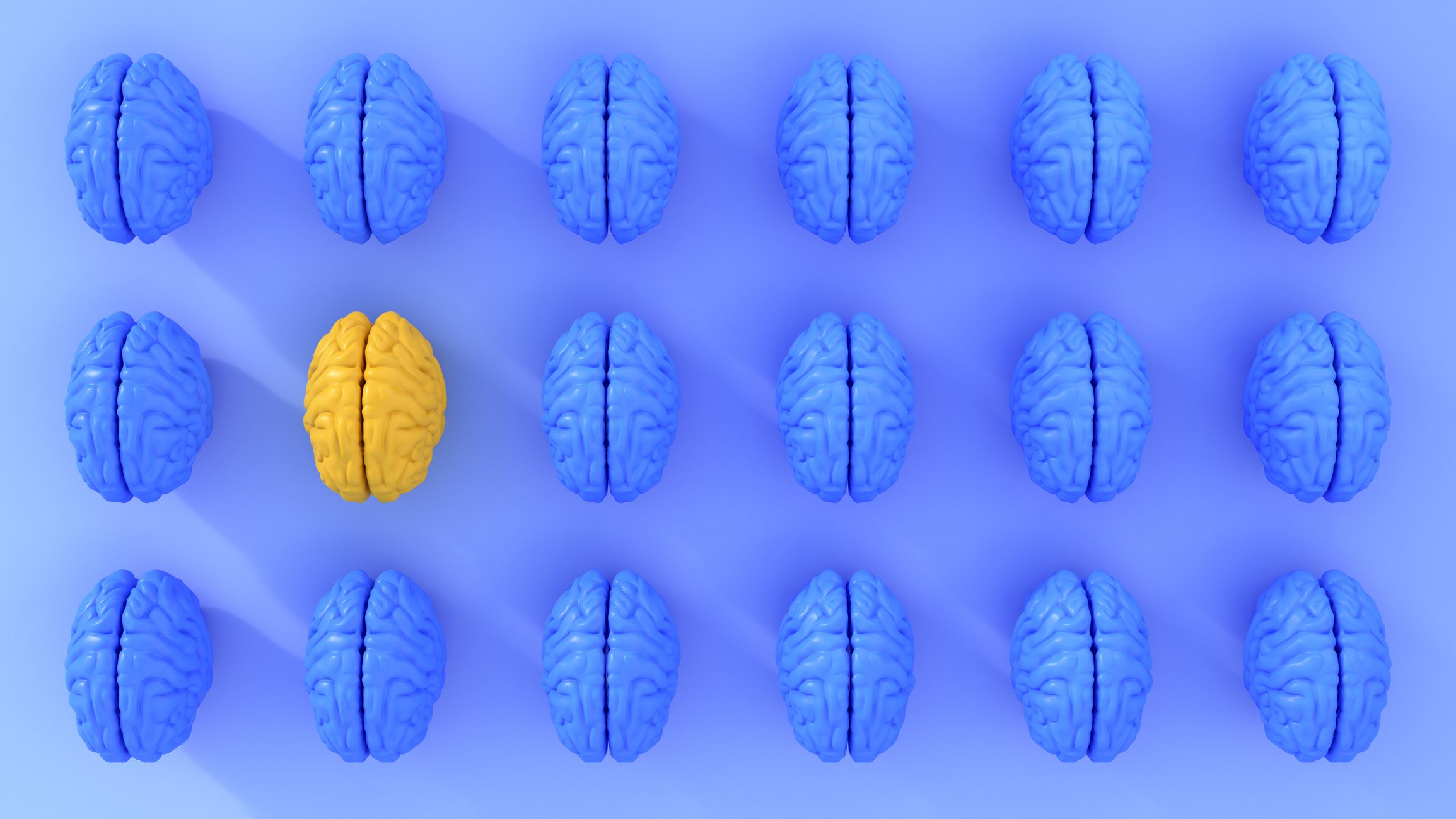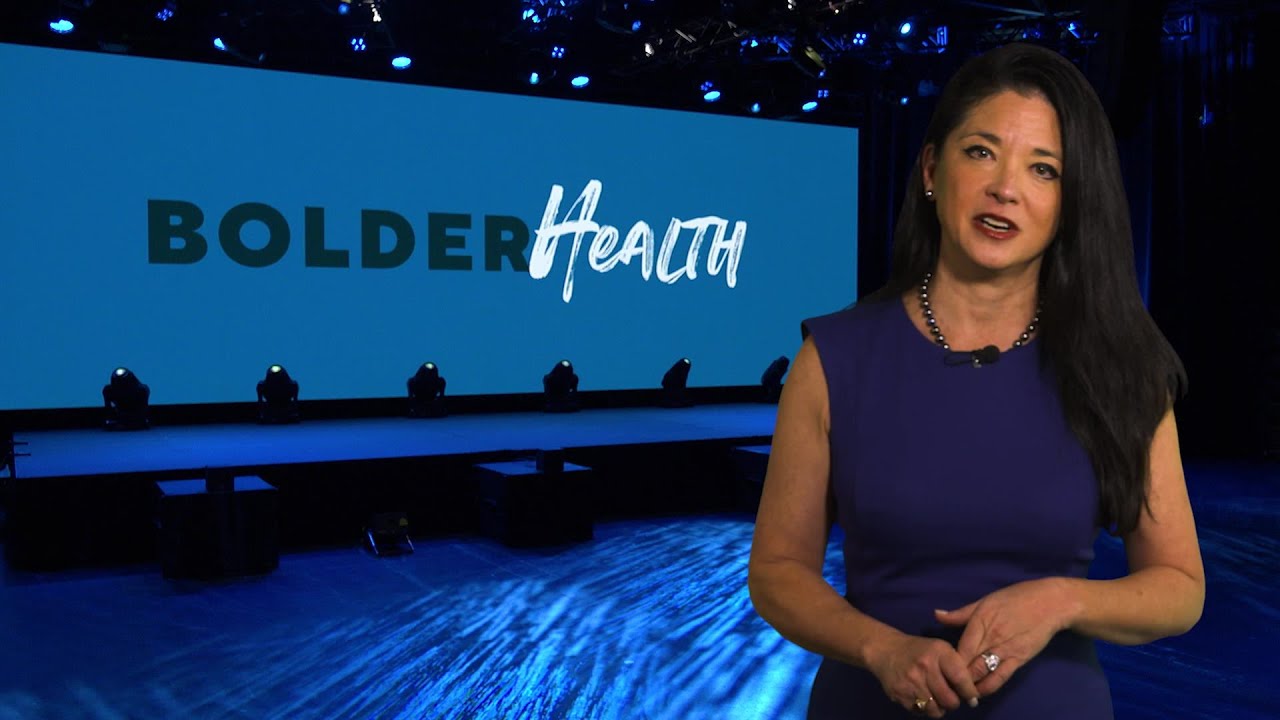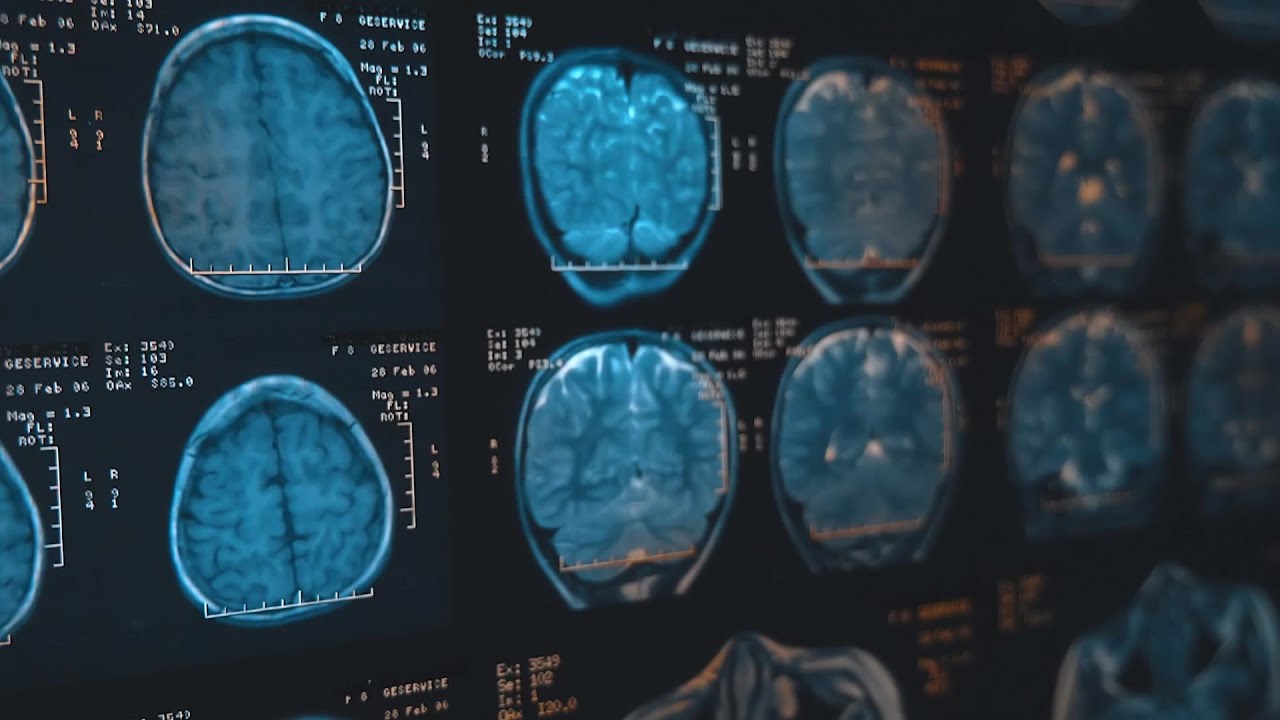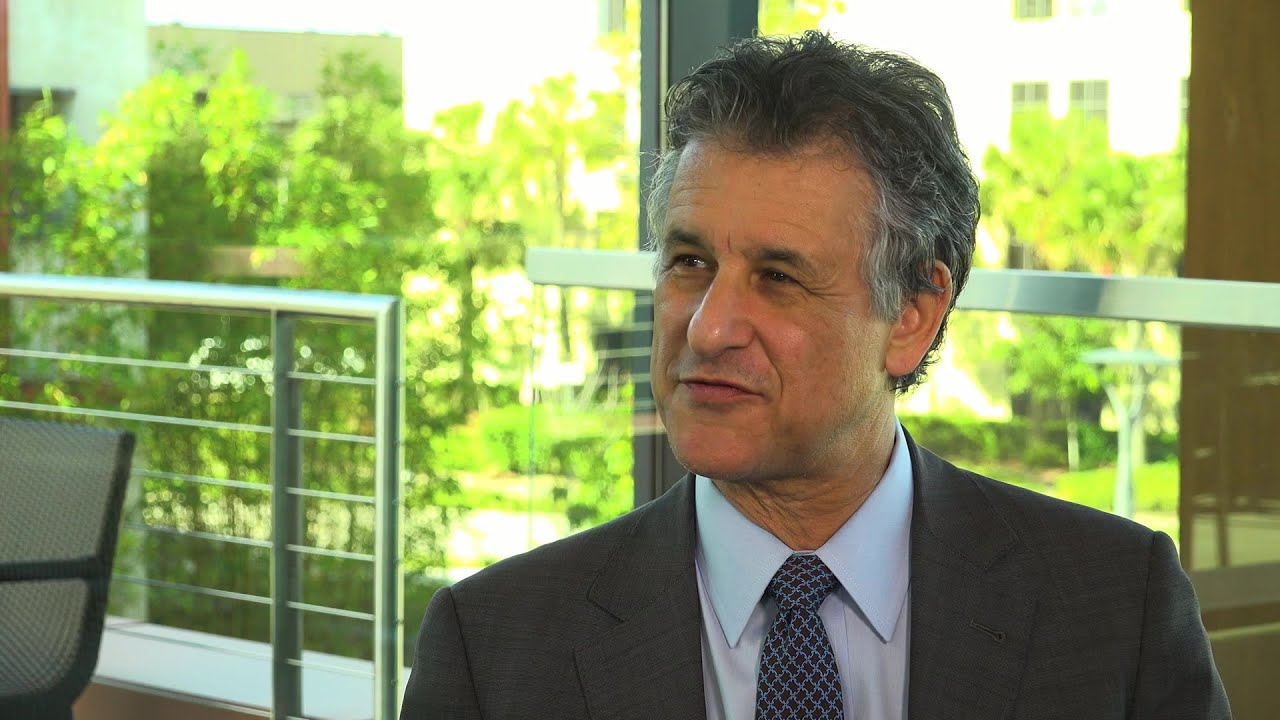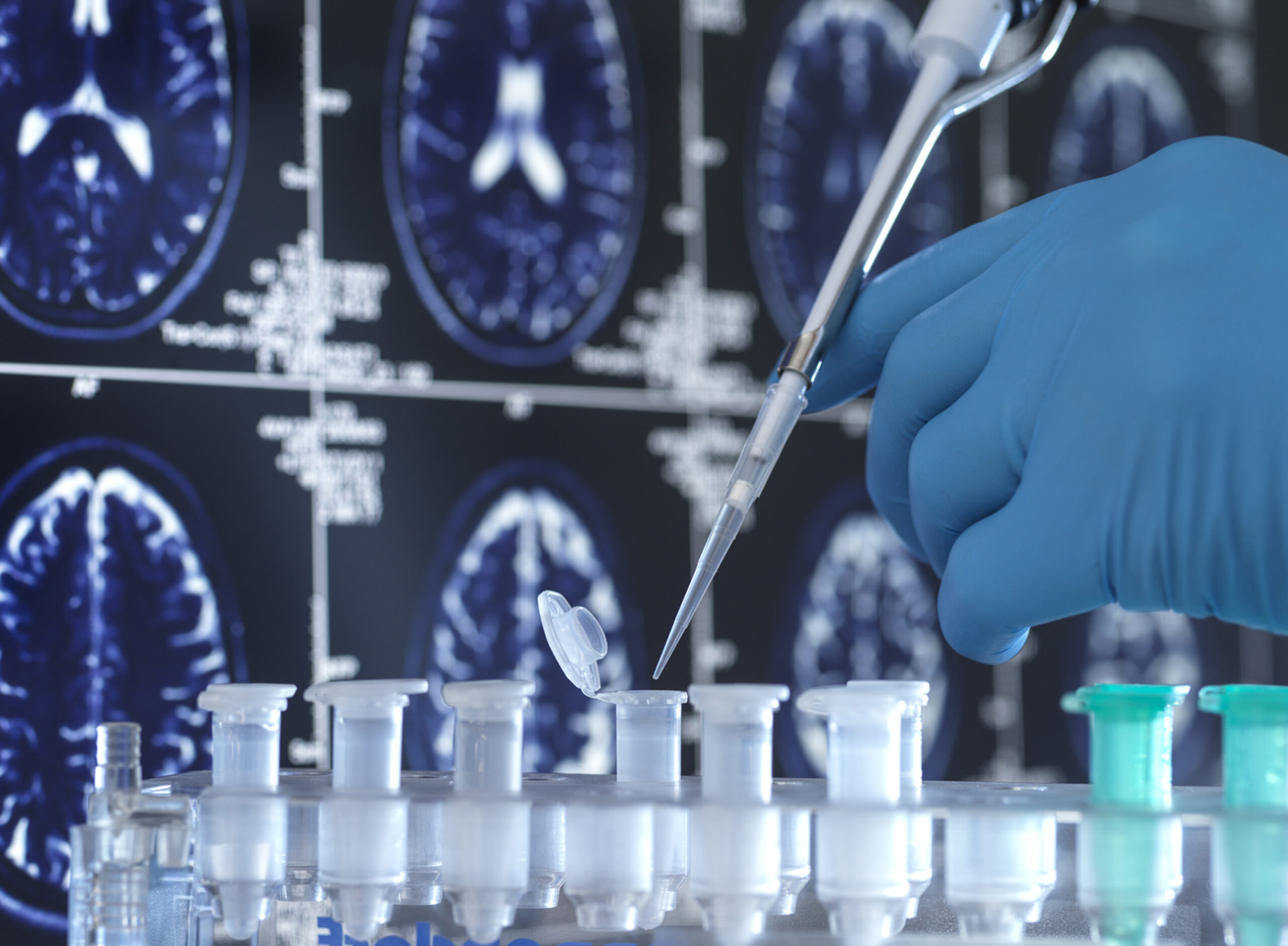Brain fog is a hot topic these days. Whether it’s related to the “Groundhog Day” feeling of the isolation and fear associated with the global pandemic or a side effect for millions of COVID-19 survivors, people are understandably concerned about lingering feelings of mental fuzziness – and worried it could be something more serious.
So, what is brain fog?
“It’s like there are cobwebs interfering with my access to various parts of my brain. Things aren’t firing efficiently,” said Roger Miller, Ph.D., Aviv Medical Program’s Clinical Psychologist. “This makes you feel like you can’t focus or process information as well as you normally do.”
It’s no wonder these feelings of fuzziness are concerning. Cognitive decline is increasingly more common than ever across a broad spectrum of ages and conditions. It’s important to learn to distinguish between less serious brain fog and dementia. One of the key differences is more serious diseases, such as dementia and Alzheimer’s, don’t just affect your memory — they impact your ability to function in your daily life. Lynne Shito, N.D., M.P.H., of the Oregon Health & Science University said she asks her patients three key questions:
- Have you stopped working and/or taking care of household finances? If so, why?
- Have you stopped doing household tasks you’ve always done?
- Have you stopped doing social activities you used to?
“If you answer yes to these questions, talk to your primary care provider for further screening,” Shinto said.
Brain fog, on the other hand, can be caused by a variety of issues, according to Miller.
“We all have those periods where we’re not quite as sharp. If someone is saying, ‘Gosh, since last week, I’ve not been that sharp. I haven’t been able to focus very well,’ we look at what’s been different in the past week,” Miller said.
He said common causes of brain fog can include new medications, dehydration, poor sleep habits or even side effects from conditions such as fibromyalgia, hypothyroidism or a urinary tract infection.
Miller said focusing on healthy lifestyle habits can help clear the fog.
“No matter what the cause of that fog, when you engage in better health, it’s going to improve things,” Miller said. “We all need to be better about health care and our self-care.”
That includes limiting or even avoiding things such as highly processed foods (think potato chips, candy, deli and smoked meats), sugary drinks, refined carbohydrates (pizza dough, white bread, commercial baked goods) and trans fats.
On the flip side, it’s more fun to focus on what you should eat, and the list of foods that can improve brain function is long and delicious! Foods rich in healthy fats are a good place to start, such as fatty fish (like salmon or tuna), nuts, eggs and avocados. If you’ve got a sweet tooth, berries and dark chocolate are both rich in antioxidants, which can help boost plasticity in your brain, forming new connections that assist with memory and learning activities.
Focusing on improving your sleep habits is also crucially important to your health. Not only can a bad night’s sleep make you feel groggy, it could be contributing to cognitive impairment. A recent study conducted by the Penn State Hershey Sleep Research & Treatment Center was the first to associate lack of sleep directly with cognitive impairment, especially for people with cardiometabolic risk factors such as Type-2 diabetes, hypertension, heart disease and stroke. Study participants who slept less than six hours a night were twice as likely to show cognitive impairment on tests.
In addition to adopting healthier lifestyle habits, there are medical interventions that can help, such as the hyperbaric oxygen therapy treatment (HBOT) option at Aviv Clinics. HBOT is the only scientifically proven medical treatment in North America shown to improve and restore cognitive function, such as memory, attention, speed of information processing and more. The comprehensive program combines HBOT with cognitive and physical training and nutritional coaching, giving participants the opportunity to improve their quality of life today and health, performance, and fulfillment for years to come.
Miller said a woman who recently underwent the treatment at Aviv Clinics described the results best.
“She told me: ‘I feel sharper, and by sharper I don’t mean smarter. I mean, it’s like someone turned up the brightness on a computer screen and now everything’s a little crisper, a little sharper, not so fuzzy and foggy,’” he said. “I thought it was a great description. That’s how a lot of people describe how they feel when the brain fog lifts. They have a renewed sense of clarity to their thoughts and they can focus better.”
Learn more about this topic in Marc Middleton’s recent in-depth conversation with Mohammed Elamir, MD, board-certified physician at Aviv Clinics. They discussed the importance of lifestyle improvements and what hyperbaric oxygen therapy treatment can mean for our futures.

